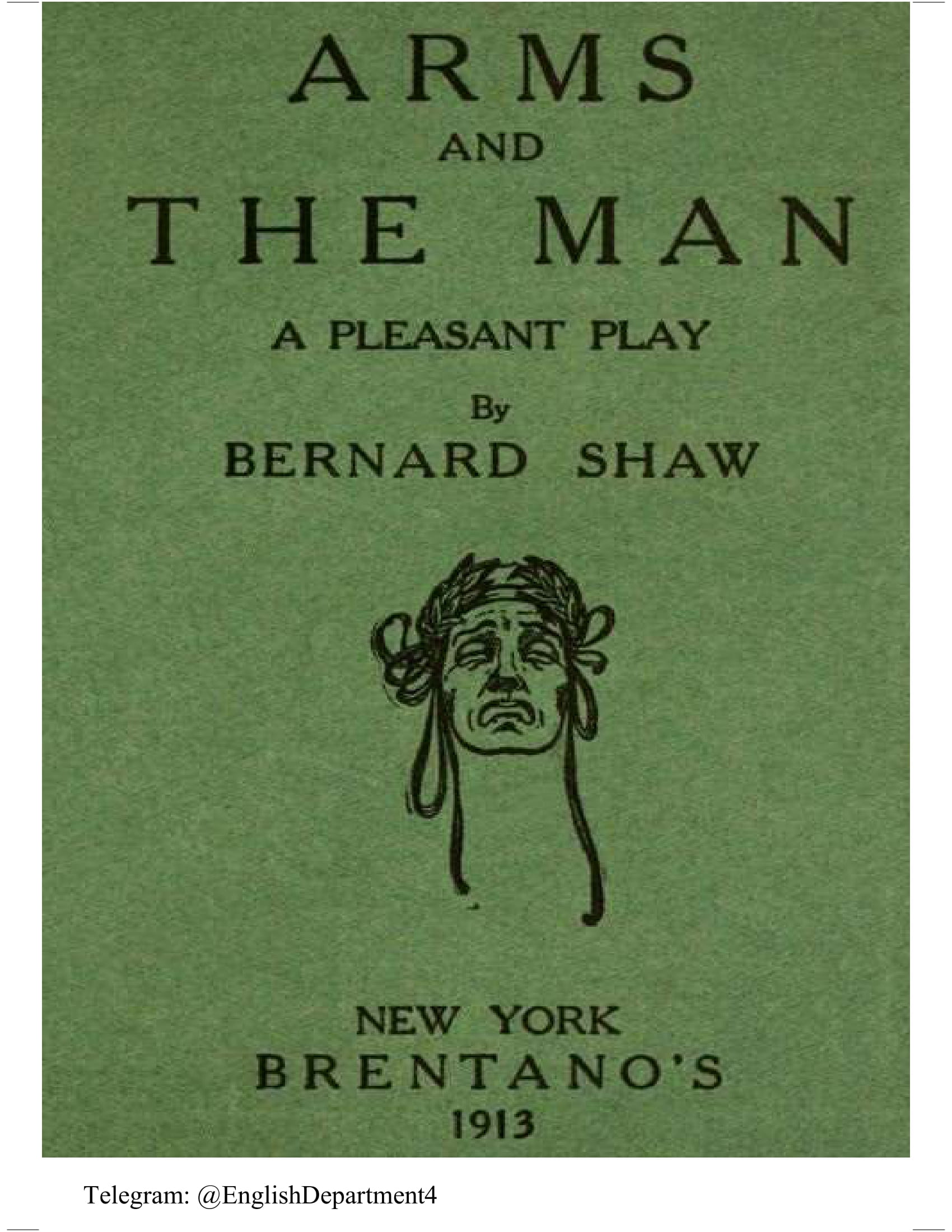In 1856 George Bernard Shaw was born in a lower-middle class neighborhood in Dublin, Ireland, and was the youngest of three siblings. His mother, who was a professional singer, encouraged his interests in the arts, and eventually left Shaw’s alcoholic father. In his twenties, Shaw began a course of private reading at the British Museum, allowing him to engage not only with English poets like William Blake and Percy Shelley, but with political thought then brewing in the 1870s. By the 1880s, Shaw was committed to the ideals of the “Fabians,” a branch of socialists operating in England who preferred to transform Britain not through revolution, but through intellectual pursuits. Shaw wrote newspaper articles and gave speeches on the subject, and on related issues of social and political concern in England. He soon met drama critic William Archer, who asked Shaw to review plays as well. Shaw took Archer’s encouragement to start writing his own plays, and created the works for which he is now famous: Man and Superman (1903), Major Barbara (1905), Saint Joan (1924), along with a great many others, and with “theoretical prefaces” explaining the construction and political impact of his works. Shaw won the Nobel Prize for Literature in 1925, for, as the Nobel Committee put it, “his work which is marked by both idealism and humanity, its stimulating satire often being infused with a singular poetic beauty.”

